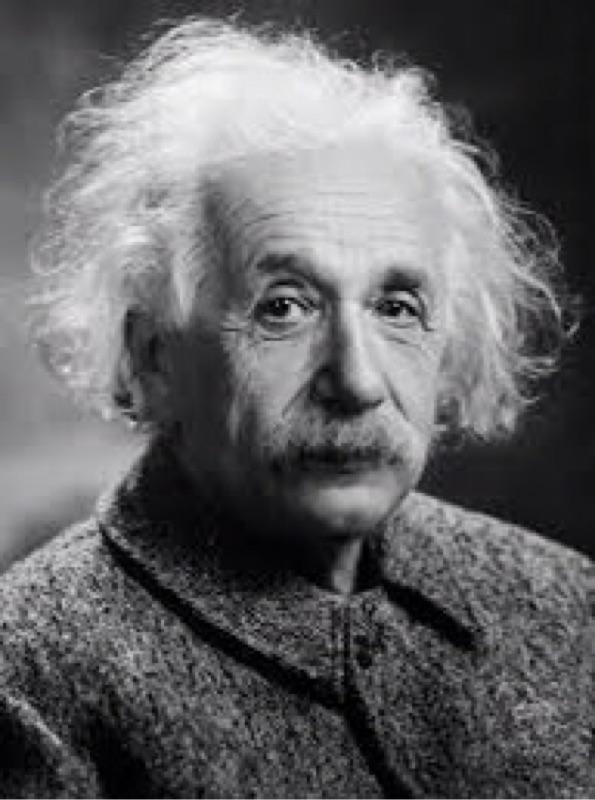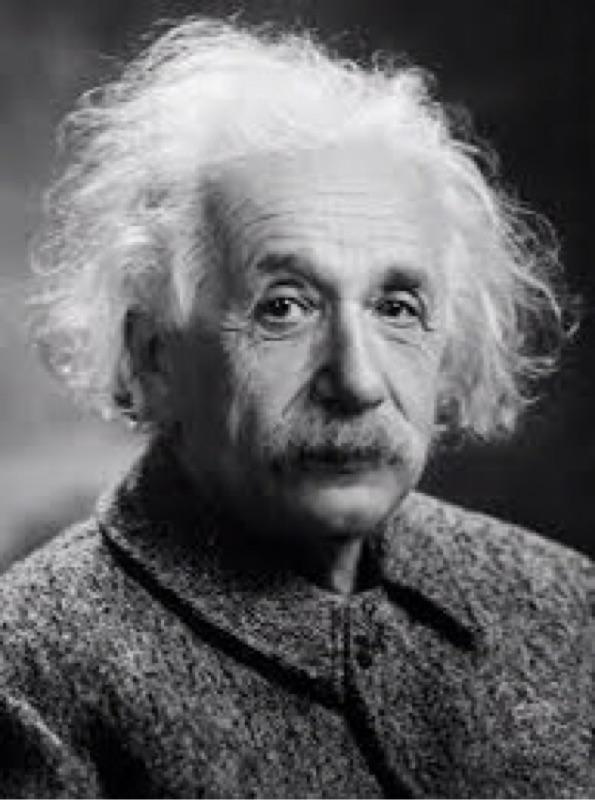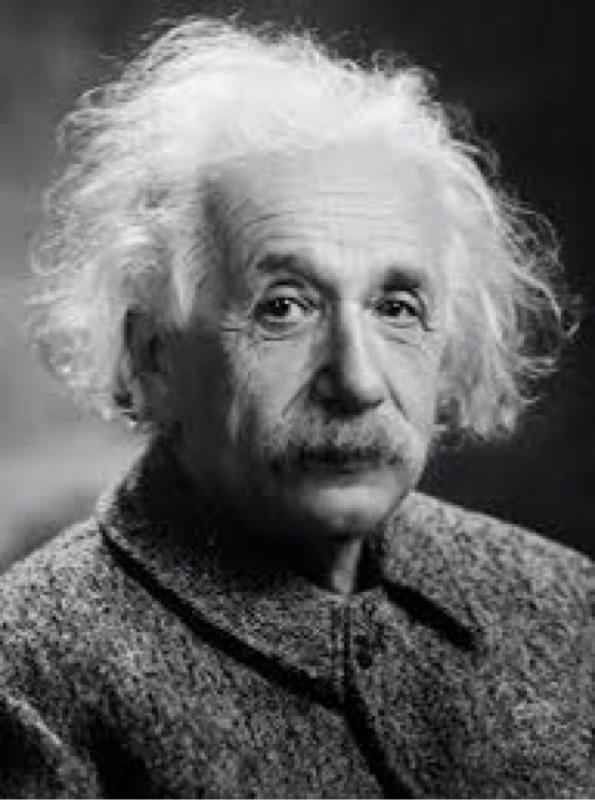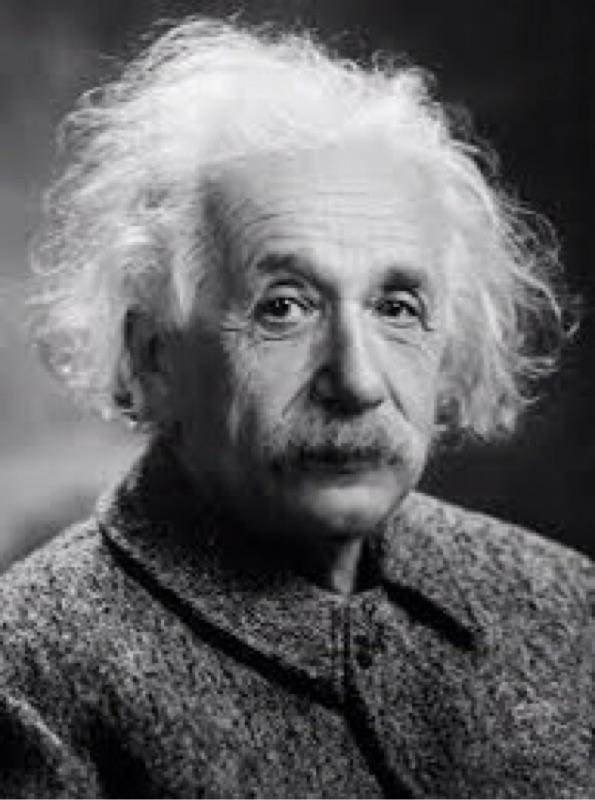What Einstein Did Was “Basic Research”. Wait, What?
Curated from: bigthink.com
Ideas, facts & insights covering these topics:
11 ideas
·10.7K reads
77
3
Explore the World's Best Ideas
Join today and uncover 100+ curated journeys from 50+ topics. Unlock access to our mobile app with extensive features.
Non-Scientists Misunderstand What Basic Research Is
A few years back, a government science agency did a poll to try to understand the public’s perceptions of the work they funded. One of the biggest surprises was how people felt about public funding for “basic research.” Most people felt the government should not be spending tax money on “basic research” at all. Instead, those funds should go into “advanced research”.
The results showed a clear gap between what scientists mean by basic research, and what almost everyone else thinks it means.
55
1.36K reads
Basic Research = Fundamental Research
For scientists, basic research really means fundamental research. But to understand its meaning even better, we need to contrast the idea of “basic” with that of “applied.” There is no immediate application for the fruits of basic research. They will not immediately become a gizmo in our next car or a molecule in our next medicine. Instead, the point of basic research is something far less tangible: pure understanding. That is why scientists call it fundamental. The goal is to understand some aspect of a subject at its most essential level.
50
968 reads
Basic Research Examples
The history of scientific research is full of helpful examples. In 1905, for instance, Albert Einstein published his epoch-making paper on the theory of special relativity, which focused on the most basic concepts physics uses to understand everything: matter, motion, and energy. The versions of those concepts that still prevailed at that time had been developed a few hundred years earlier by Isaac Newton.
50
903 reads
Basic Research Changes The World Forever
Einstein saw how limited were Newton’s descriptions of these fundamental players in physics. The relationships Newtonian physics described between, say, energy and motion (i.e., velocity) did not tell the whole story. Einstein developed a more basic, more fundamental understanding of such relationships, and in the process, he gave physics new equations like E = mc2 .
Einstein’s basic research changed the world forever. A list of the actual downstream applications from his paper would easily be as long as 2 ft. and would include everything from radiation therapy to hyper-accurate GPS satellites.
51
727 reads
Basic Research Is After Pure Understanding
When Einstein was working on this paper, he was not thinking about how these formulas would be applied to any particular industry, or to the medical field. He was no doubt aware that his ideas would find such applications. They were too important not to become the foundation for new machines and new techniques that would affect everyday life. But applications were just not what he was doing or why he was doing it.
49
671 reads
The Fringes And The Frontiers
The Einstein example shows that basic research is, indeed, very advanced. In fact, it is the most advanced of all the kinds of research out there, because it pushes at the frontiers of knowledge. In today’s world, such basic research takes many forms. In cosmology, it is about understanding the first few instants after the big bang. In biology, it is about understanding how life uses information to carry out its most basic tasks. In cognitive science, it is about understanding how the brain sorts its many inputs into what is relevant and what is not.
49
613 reads
Asking A Very Basic Question, Applied To Nothing
The most important point about basic research is that it is almost always the key to cutting-edge applied research. All of the specific applied research that led to the zillions of technological marvels we encounter every day began with someone asking a very basic question, applied to nothing.
What we call “basic research” is actually the most cutting-edge. It underpins knowledge, and without it, technology does not come into being.
53
624 reads
64
949 reads
IDEAS CURATED BY
CURATOR'S NOTE
A lesson on basic research that doubles as a reminder on the impact of words. “Basic research” is not “base-level”, but actually the most cutting-edge. It underpins knowledge, and without it, technology does not come into being.
“
Xarikleia 's ideas are part of this journey:
Learn more about scienceandnature with this collection
Strategies for building self-confidence
Techniques for embracing your strengths and accomplishments
Tips for seeking support and feedback
Related collections
Similar ideas
12 ideas
Einstein, Symmetry and the Future of Physics
quantamagazine.org
3 ideas
How Smart Was Einstein?
npr.org
Read & Learn
20x Faster
without
deepstash
with
deepstash
with
deepstash
Personalized microlearning
—
100+ Learning Journeys
—
Access to 200,000+ ideas
—
Access to the mobile app
—
Unlimited idea saving
—
—
Unlimited history
—
—
Unlimited listening to ideas
—
—
Downloading & offline access
—
—
Supercharge your mind with one idea per day
Enter your email and spend 1 minute every day to learn something new.
I agree to receive email updates




